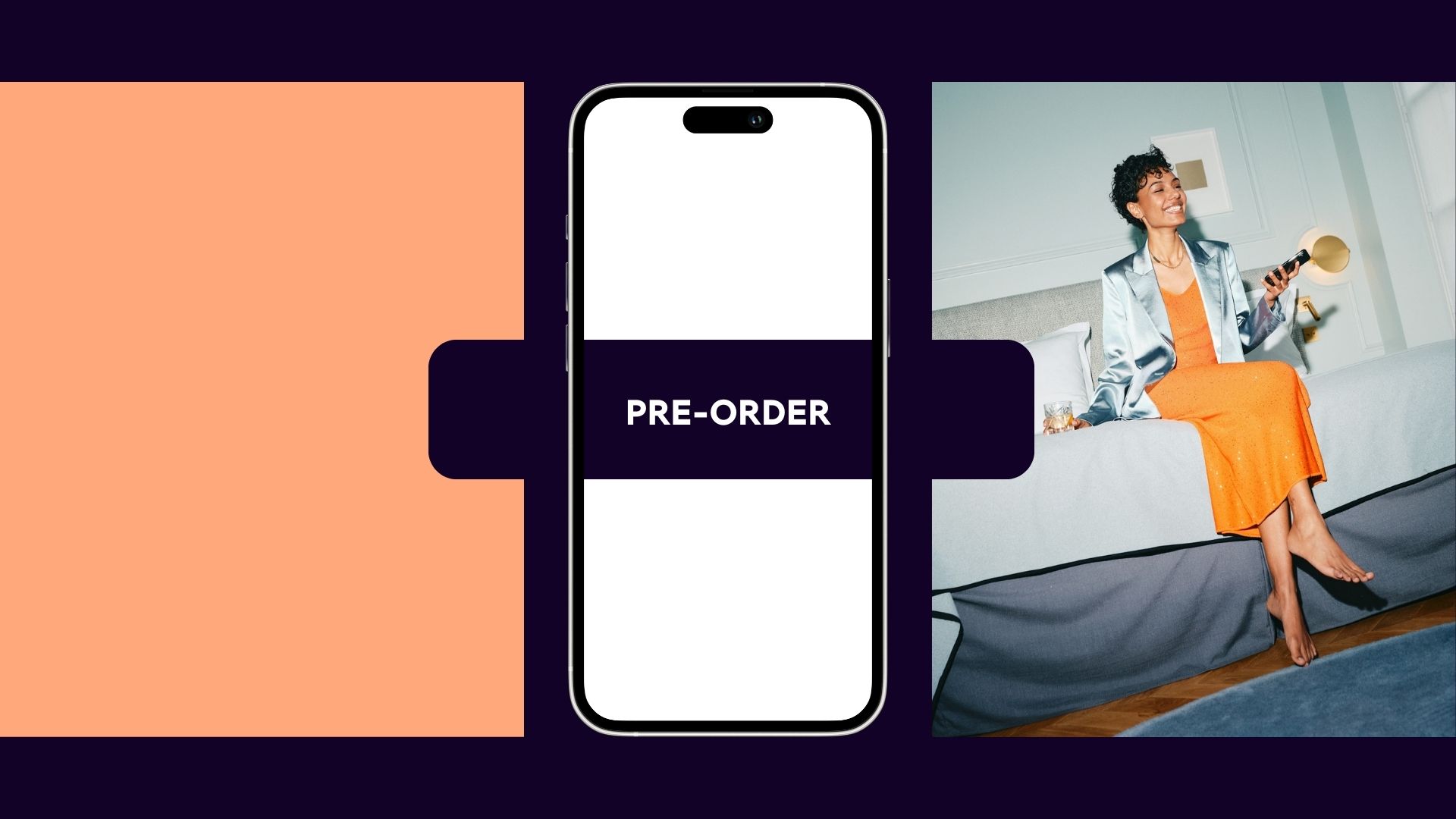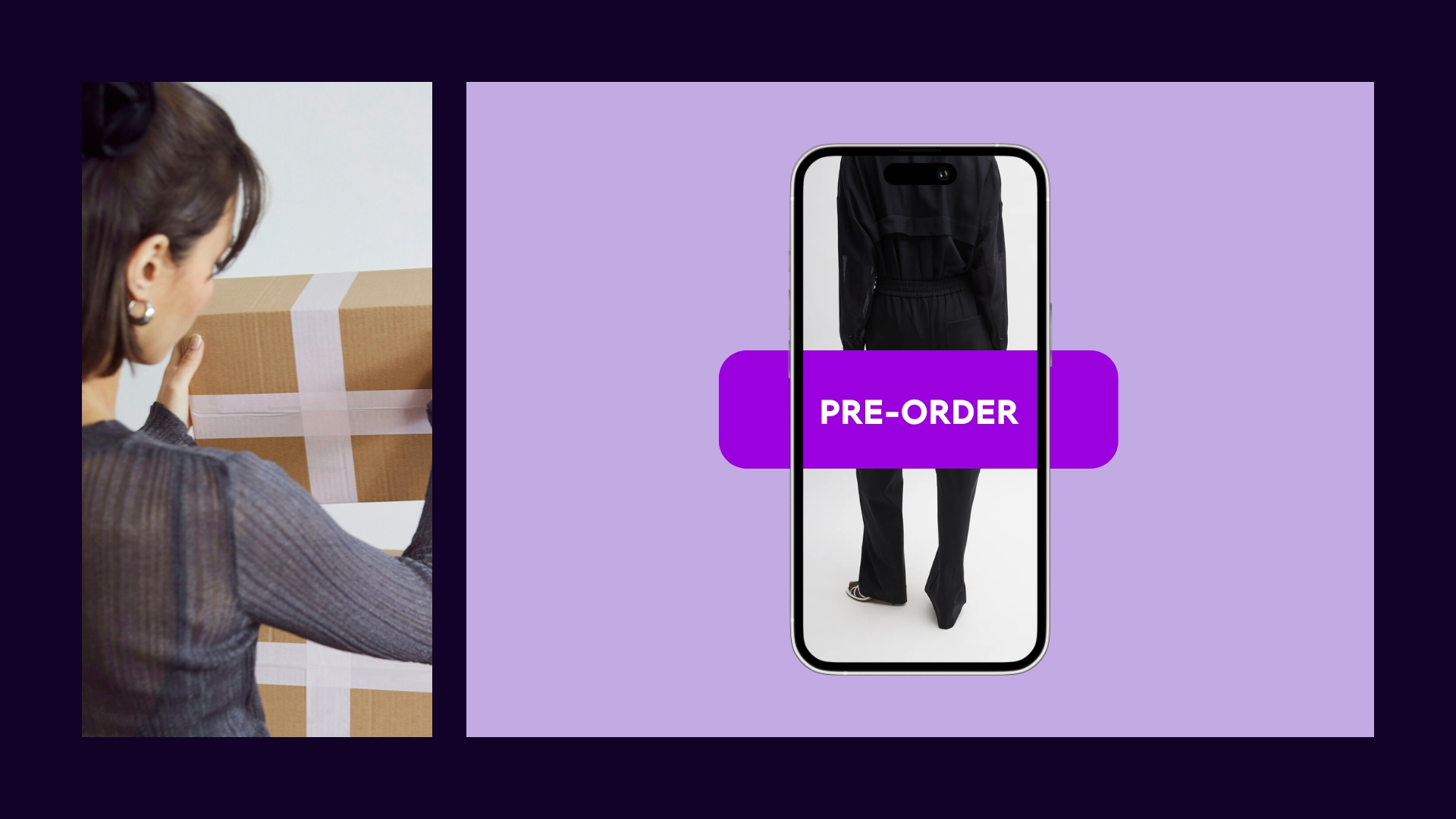Building Customer Trust Around Pre-Orders: Understanding the FTC’s Pre-Order Regulations

At Purple Dot, we see brands turning to pre-orders and sell earlier strategies for a wide variety of reasons to boost their business. Ultimately, all of these diverse use cases generally boil down to one core reason for brands: I want to capture sales, earlier.
And once brands start scaling their pre-order strategy, pre-order sales often become a meaningful part of their revenue. Then, cue the next thought: Is what we’re doing by selling earlier even legal?
It’s the right question to ask. Although pre-orders as a concept isn’t entirely new, for example backorders date back to pre-ecommerce, what *is* new is the growing amount of revenue that pre-orders can generate as a percentage of a brands’ online business. And let’s face it: in comparison to brick-and-mortar retail which goes back centuries, it’s still early days in ecommerce – both for brands on the seller side, but also for customers on the buying side. @dwlz summed this dynamic up on Twitter:

For example, we have all read the horror stories of a Kickstarter campaign gone wrong, with once eager, early customers being left $100s or $1000s of dollars out of pocket with no product to show for it many months later. These types of mishaps can often give brands pause when thinking about doubling down on pre-orders. That’s why it’s reasonable that the US’s Federal Trade Commission (FTC) has weighed in on online pre-orders.
But instead of shying away from, or hand-waving, the nitty gritty of these FTC regulations, we encourage brands to not just understand what’s required, but to lean into these regulations to create a best-in-class pre-order experience. At the end of the day, the FTC is there to protect the customer – and when brands are transparent that are they, too, are putting the customer first, this ultimately builds trust in the pre-order experience.
What the FTC has to say about pre-orders
First, the name of the regulations that govern pre-orders is called the Mail, Internet or Telephone Order Rule and originates all the way back to 1975. Also known as the 30-Day Rule, it has been used in many successful litigations against merchants who break this rule – so it’s important to know what is required and how you can stay compliant.
There are three key parts to bake into your pre-order experience to not only ensure you are always compliant, but to also create a trusted customer relationship:
1. Provide a reasonable estimate of when you will be able to ship
When you are providing an ecommerce checkout experience for a pre-order, you must provide a visible and reasonable estimate of when you will be able to ship the pre-order.
The FTC leaves the definition of “reasonable” a bit broad, but as a rule of thumb, think of it as a “good faith” estimate. For example, if your supplier says it’ll be 12 weeks from when you place the purchase order for the products to arrive in your warehouse, this can provide a reasonable basis to form your estimated ship date.
Top tip: This is why with Purple Dot, we always display the estimated shipping dates to customers as a range and not a fixed date. Why? It protects the brand even further to justify a reasonable estimate per the regulations, and gives the brand more flexibility if there is some uncertainty around a shipping date. It also provides a bit of cushion, which is good in the event of a delay – discussed next.
2. Communicate any shipping delays, as soon as reasonably possible
If you become aware of a shipping delay, and know that your estimate is no longer realistic, you must communicate to all customers with an open pre-order about this delay. This is regardless of whether you charge customers upfront for their pre-order, or if you charge only when it ships.
For example, if your supplier has let you know that there is a 2-week delay in finishing the product, this is likely to have a downstream impact on when you’ll be able to ship. If your shipping estimate is no longer reasonable because of this new information, you need to immediately notify your customers with an updated “good faith” shipping date estimate based on this delay. We recommend that you do this within 24-hours to ensure you satisfy the regulations.
Top tip: We get it! Delays happen.This is why with Purple Dot, when you change your estimated shipping dates on our platform, we automatically (and politely!) notify your customers over email that there’s been a change in the estimated shipping dates for their pre-order. We also give you the option to include a future discount code, so you can ensure it’s worth the wait for your customers!
3. Provide the ability to cancel, for free, for a full refund in the event of a delay
When there is a delay and you’ve notified your customers of this delay, you also must give them the ability to cancel their pre-order immediately, if they choose to. If you have charged the customer upfront, either a deposit or the full amount, you must also immediately refund the customer in full if they do choose to cancel due to the delay.
This, by default, means you must always have funds available to issue a 100% refund against your pre-orders anytime before you ship. This can obviously be a bit tricky if you are using pre-order sales to fund purchase orders or other operations for your business, so it’s something to keep top of mind from a cash flow perspective for your brand.
Top tip: This is why with Purple Dot, your customers can self-serve cancel their pre-order for free anytime before it ships. This self-service capability is also linked in the email that communicates an estimated shipping delay, so you are always compliant with the regulations. Additionally, this is also why when you charge upfront for pre-orders with Purple Dot, we transact the customer as a 3rd party and hold the funds until you are ready to ship – acting as an ‘escrow’ for pre-orders. This ensures funds are always available in the event of a cancellation, and it also enables us to create a high-converting guarantee to shoppers that they can rely on: Their pre-order will ship, or their money back. And with our advance payment solution, select brands can be advanced their pre-order funds ahead of shipping in order to fund purchase orders, while Purple Dot still holds the refund guarantee for the customer in the meantime. Win-win!
It turns out, these three components required by the FTC are not just good for your customer – they’re also good for you.
When pre-orders develop a bad reputation with customers, it’s often because that shopper had a poor pre-order experience where the brand *didn’t* meet these regulations. For example, there was a delay and they weren’t told about it – or it was a customer service nightmare (or impossible) to cancel their pre-order before it shipped. Sure, the mainstream customer is likely not even aware the FTC has a rule protecting them from these exact scenarios – but by not meeting these regulations, the brand created a poor experience by default.
However, when brands are transparent and put trust first in creating their pre-order experience, these three components that form the foundation of the FTC’s regulations are actually no-brainers that we all can agree on: Yes – of course, it’s best practice to give shoppers a good faith estimated shipping date, and of course you should let them know if there’s a delay. And, it’s always good business practice to have funds readily available if a customer requests a refund.
From our experience, 99% of brands are always acting in the best interest of their customers and are not the bad actors that customers should be worried about as suggested in the @dwlz Tweet shared earlier. Instead, when it comes to pre-orders, brands often just don’t know how to translate their customer-first values into a compelling pre-order experience – or they don’t have the tools to easily create or scale this experience.
That’s why at Purple Dot, we make these core customer trust components that form the FTC compliance an automatic part of your pre-order experience. Through doing this, brands have seen pre-order returns reduce by up to 40%, customer NPS for pre-orders increase to 87%, and up to 70% of their pre-order customers pre-order again within 3 months. It’s these results that assure brands that they can sustain a pre-order strategy long-term, and create an experience that is not only legal and FTC compliant – but one that customers love, and will ultimately help grow their business.
Want to learn more about how you can sell more by selling earlier? Reach out. We can’t wait to hear from you.
More insights

Ditch Your DIY Pre-Order Setup: How Purple Dot Makes Setting Up and Managing Your Pre-Order Process Simple and Scalable

